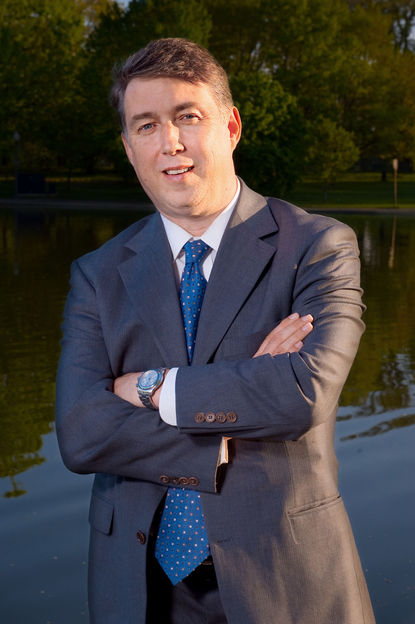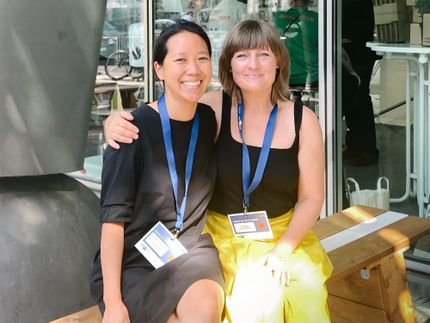Paul T. Anastas Awarded Emanuel Merck Lectureship 2015
Father of “Green Chemistry” recognized
Merck, a leading company for innovative, topquality high-tech products in healthcare, life science and performance materials, announced that the American chemist Professor Paul T. Anastas has been awarded this year's Emanuel Merck Lectureship. In the 1990s, Anastas coined the term “green chemistry” and with it more sustainability-oriented chemical value chains.

Paul T. Anastas has been awarded this year's Emanuel Merck Lectureship.
Anastas' visionary idea was to observe the whole life cycle of chemicals and, building on this, develop the best, least harmful and safest manufacturing process.
“With his twelve principles of green chemistry, Paul Anastas has shown us a modern form of chemistry, the most important pillar of which is the principle of sustainability. The chemical and pharmaceutical industries will take these principles more strongly into account in the future. I am very pleased to award him the Emanuel Merck Lectureship, together with the Technical University of Darmstadt,” said Thomas Geelhaar, Chief Technology Officer Chemicals at Merck and President of the German Chemical Society.
The prize, which is worth € 10,000, will be presented to Anastas on Monday, May 11, 2015 at the Technical University (TU) Darmstadt during a special public lecture. The award winner will be holding a lecture entitled “Green Chemistry: Origins, Accomplishments, and Future Directions” at 5:00 p.m. in the Kekulé Hall of the Chemistry Department. On the following day, Anastas will hold two further lectures at the TU Darmstadt.
U.S. President Barack Obama recognized Anastas' pioneering role in 2009 by naming him Assistant Administrator of the U.S. Environmental Protection Agency's (EPA) Office of Research and Development. Anastas went on to work at the U.S. Office of Science and Technology Policy and became Director of the American Chemical Society Green Chemistry Institute in Washington, D.C. Paul Anastas (http://www.chem.yale.edu/faculty/anastas.html) began teaching at Yale University in New Haven in 2007. Five years later, he became Director of the Center for Green Chemistry and Green Engineering.
Nearly a quarter of a century ago, many people thought the notion of green chemistry to be fairly questionable. Since then, it has been receiving growing attention. In green chemistry, the goal is to design reaction processes and products that are manufactured, used and disposed of in a way that produces as little waste as possible. Waste should also cause as little harm as possible. According to Anastas, prevention is better than disposal.
Most read news
Other news from the department science

Get the chemical industry in your inbox
By submitting this form you agree that LUMITOS AG will send you the newsletter(s) selected above by email. Your data will not be passed on to third parties. Your data will be stored and processed in accordance with our data protection regulations. LUMITOS may contact you by email for the purpose of advertising or market and opinion surveys. You can revoke your consent at any time without giving reasons to LUMITOS AG, Ernst-Augustin-Str. 2, 12489 Berlin, Germany or by e-mail at revoke@lumitos.com with effect for the future. In addition, each email contains a link to unsubscribe from the corresponding newsletter.



























































